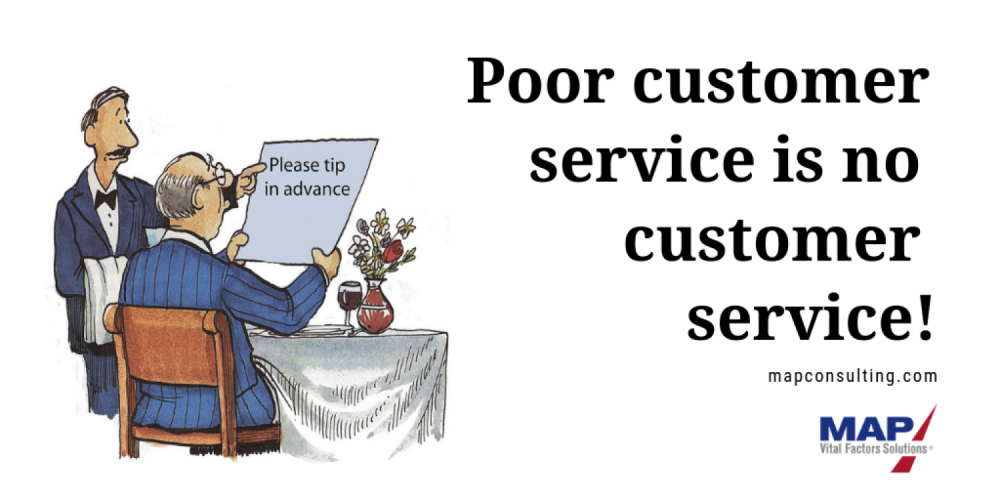Get Back on Track with Better Planning
For a variety of reasons, summer always seems to put a strain on some of our best efforts to plan or maintain great planning habits. I think it has something to do with the fact that we’re all struggling to capitalize on these precious few months of the year, in which we often take off for vacations, spend time with family and friends, or do all those “projects” we’ve been putting off the past six or so months. So with it being a little over halfway through the year, make a commitment to check-in around your planning efforts and see where you need a bit more structure, consistency, follow-through or downright self-discipline. Don’t be hard on yourself if you’ve slacked off or are in a planning slump…this happens to the best of leaders and even professional planners at times. But do take some proactive steps to get back on track, taking corrective action where necessary to uphold this aspect of your Disciplined Leadership in more effective, results-oriented ways.
Here are three simple steps to get your planning back on track:
1. Make planning a priority.
If you don’t take it seriously, you’re eventually going to struggle in other ways, too. For as we all know and as the saying goes, “Failing to plan is planning to fail.” This week, make a commitment to set aside the time you need, in an environment that’s going to support solid planning, and then get to it. If you can’t find the time right now, at the very least, calendar in a recurring time for planning “sessions,” starting sometime in the near future. That may be every Friday between 7-8 a.m., or it may be Sunday evenings, at the close of your weekend and heading into the new week. Most people find planning to be productive at the beginning of the day and then like to revisit their progress at the end of the day, checking off successes and establishing any corrective actions necessary for tomorrow, next week, or whenever it’s appropriate. Just make it a practice to do your planning more consistently, even daily if you can—keeping in mind that getting it on the calendar will help boost the odds you’ll honor this commitment.
2. Start with “What’s the goal?”
As you improve your discipline around planning, make sure you’re asking this vital question. In fact, this is one of the first habits we at MAP always coach our clients to adopt. Without clearly defined goals, it’s easy to squander time and other resources working on activities that don’t really matter. This results in poor execution and inefficiency, which is the exact opposite of what you’re trying to achieve with effective planning strategies. Within your daily or weekly planning, determine the vital goals and incorporate those into your plan. If you’re pulling your plan off some dusty shelf, make sure those goals you first set still apply, tweaking or revising them if they do not. Adopt this “What’s the goal?” mindset with your core planning activities, and it will become a catalyst for other non-related activities and habits, helping ensure greater success with whatever you undertake.
3. Build in solid accountability.
At MAP, we talk a lot about accountability—it’s the cornerstone to our leadership and management system. And that’s why it must be a part of your planning activities. For starters, let people know you’re dedicated to planning, period. Share this information and even ask fellow colleagues, a mentor or your MAP coach to hold you accountable for it, providing them updates on your daily, weekly or monthly plans. In terms of what goes into your plans, make sure those goals you also set are bound by accountability as well. Build this aspect into every objective you set out to achieve. From a planning standpoint, make sure your goals aren’t just good ones but SMART ones. Also factor in indicators that will help you know when to put an effort on “pause,” either for reconsideration or to stop achieving a particular goal or strategy altogether. These little accountability tricks do work and will give validity to your plans.
What roadblocks or struggles do you encounter with your planning efforts?



